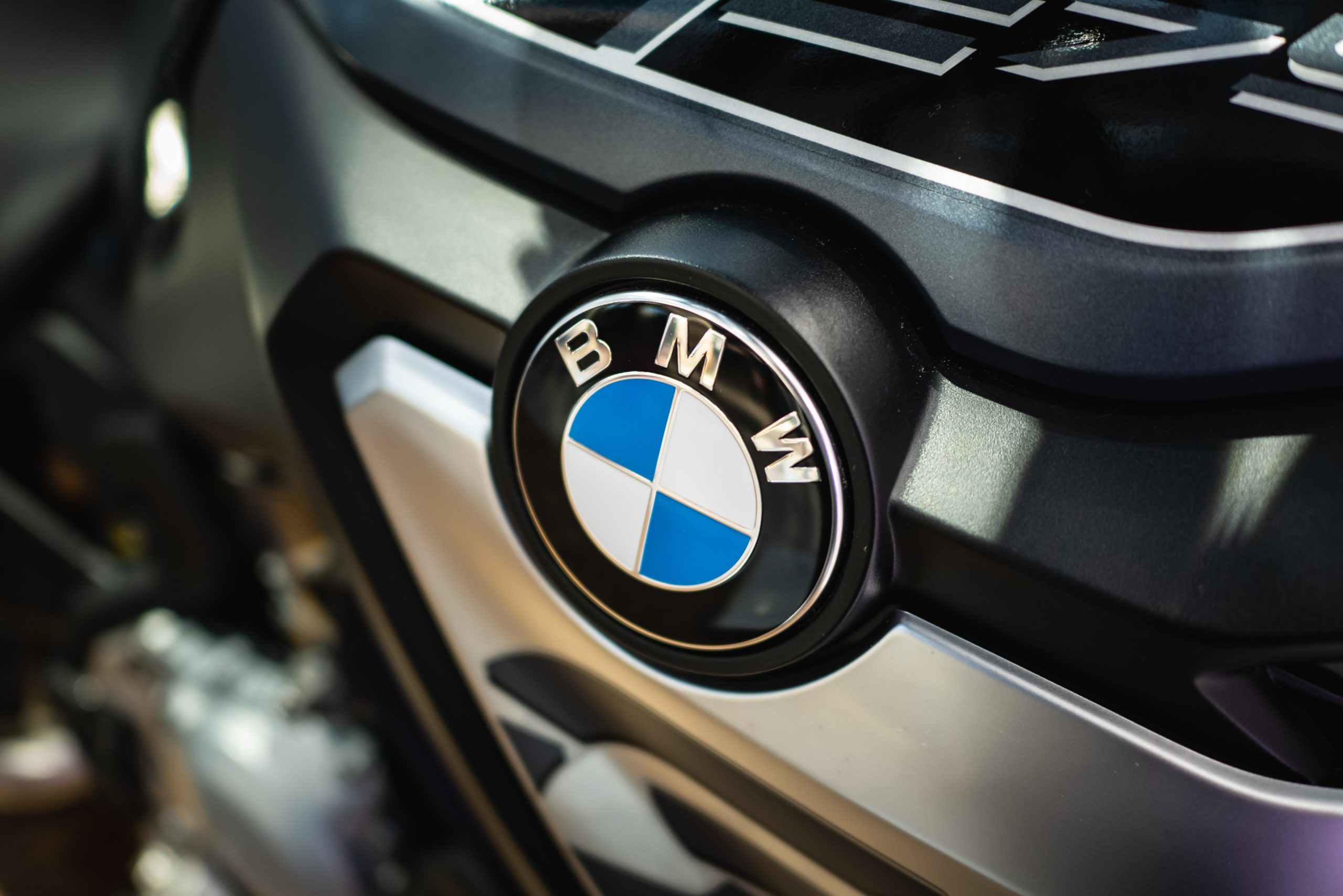A proposed class action lawsuit alleges that a latent defect in the coolant line of certain BMW vehicles can result in engine failure.
Shea Armstrong, a California resident, sued BMW of North America, LLC, in New Jersey federal district court and seeks to represent a class of similarly situated individuals. He claims he bought a certified pre-owned 2017 BMW 530i in 2020, and subsequently noted engine coolant leaking from the engine compartment in 2021. He says his dashboard indicated his vehicle was low on engine coolant, and a BMW dealership diagnosed the issue as a coolant line failure and covered the needed repairs under warranty.
However, the problem recurred. In 2022, Armstrong again observed his dashboard showed his vehicle was low on engine coolant. He returned to the dealership, which diagnosed the issue as a coolant line failure and quoted a repair cost of $2,000, as he was no longer within the warranty period. Armstrong paid the amount, but in May 2023, his dashboard again indicated his vehicle was low on engine coolant. Upon his return trip to the dealership, he was told he would have to pay approximately $2,000 for another repair of a coolant line failure. Armstrong paid for the repairs, but he says he would not have bought the car or would have paid less for it if he had known about the defect.
The Models Involved
Armstrong contends a latent defect in the coolant line is found in the following 2017-2021 BMW models:
- 230i
- 320i
- 330i
- 430i
- 530i
- 540i
The Alleged Defect
The lawsuit claims the above vehicles contain a defectively designed and/or manufactured coolant line that causes the line to prematurely fail when it is exposed to normal engine operating temperatures.
The coolant line fractures and leaks coolant, which causes the engine to overheat, resulting in stalling or sudden engine failure. And, in turn, the vehicle stalling, or engine failure poses a danger to drivers, occupants, and others on the road who are present when the vehicles suddenly stop moving.
BMW's Knowledge of the Defect
Armstrong claims BMW has long known of the alleged defect. Further, he claims the automaker actively concealed the defect’s existence, and been unable or unwilling to adequately repair the vehicles for free when the defect appears. Instead, BMW allegedly “often conveys to owners and lessees that the Class Vehicles are operating as intended,” claims Armstrong. Further, he alleges that “[o]nce the Class Vehicles fall outside the warranty period, Defendants then charge the owners and lessees for the costly repairs necessitated by the Defect.” The alleged coolant line defect can manifest shortly out of the warranty period, making Defendants’ attempt to limit the warranty on that end “unconscionable and unenforceable,” argues Armstrong.
The complaint alleges numerous sources of the defendants’ purported knowledge of the alleged defect, such as:
- Defendants’ own records of customer complaints
- Dealership repair records
- Records from the National Highway Traffic Safety Administration
- Warranty and post-warranty claims
- Pre-sale durability testing and part sales
Armstrong claims he is not the only person to experience the coolant line defect. Other examples he cites include reports to the National Highway Traffic Safety Administration (NHTSA) such as the following:
- A driver received a message that coolant was low and to pull over immediately to prevent engine overheat. A BMW dealership that determined a hose came undone but they refused to pay for the repair.
- An owner of a 2018 BMW 430i developed a coolant leak and had to be towed to an independent mechanic that informed him the water pump needed to be replaced. The vehicle was repaired but experienced the failure a second time.
- After smoke filled the inside of a driver’s BMW, a service center determined the car’s coolant system broke. The owner had to pay $699 out of pocket.
In addition to NHTSA complaints, Armstrong claims BMW’s knowledge of the alleged defect in certain BMW vehicles is shown by two service actions it issued related to the defect. Specifically, he claims BMW issued a service action titled “Replace the Coolant Vent Line on Cylinder Head,” with the stated cause of the “situation” being that the “coolant line cannot handle excessive high temperatures over the lifetime of the part.”
The Remedy Sought
Armstrong further points to other class action litigation BMW has faced related to defective engine coolant systems in other 2008-2019 BMW vehicles BMW vehicles—Oliver v. BMW of North America LLC, case number 2:17-cv-12979 (D.N.J.)—which resulted in a class action settlement. He believes BMW gained knowledge of the defect in the class vehicles in his lawsuit due to that prior litigation.
The lawsuit seeks a jury trial and remedies including damages, interest, attorney fees, and “an order that requires Defendants to repair, recall, and/or replace the Class Vehicles and to extend the applicable warranties to a reasonable period of time, or, at a minimum, to provide Plaintiff and the Class members with appropriate curative notice regarding the existence and cause of the defect; and to correct their advertising and marketing practices as described herein.”
The case is Shea Armstrong v. BMW of North America, LLC et al., case number 2:23-cv-03046, in the U.S. District Court for the District of New Jersey.





